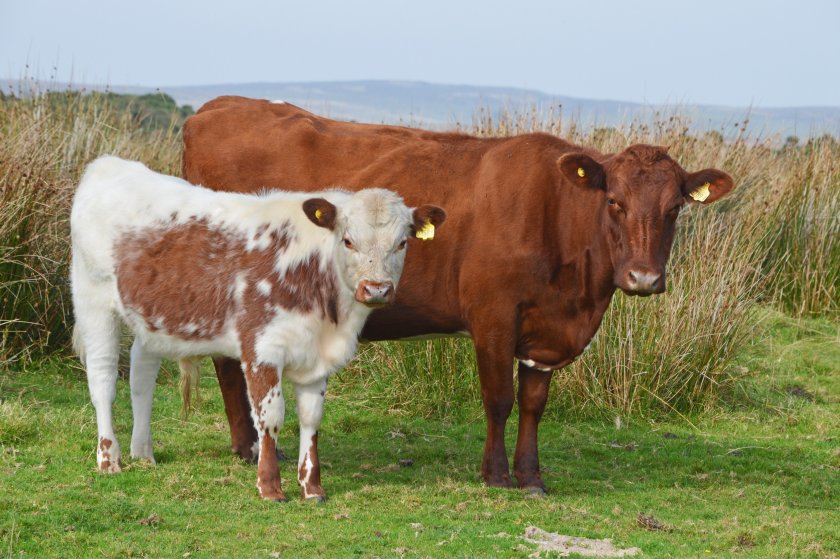
Farmers are being reminded of the disease risks associated with importing live animals from overseas, as numerous disease continue to spread in Europe.
The Ulster Farmers’ Union (UFU) has called on farmers to know the risks of importing livestock following reports of fatal livestock diseases spreading at a rapid rate.
A new strain of bluetongue virus (BTV-3) has recently emerged in the Netherlands, where it is spreading rapidly.
As of early October, the virus has been reported on more than 700 farms in the Netherlands.
Just this week, a new case has been reported in Belgium, meaning BTV-3 is now in two European countries.
The last outbreak of bluetongue in the UK was in 2007, meaning it has been officially free of the virus since 2011
Meanwhile, epizootic haemorrhagic disease has been detected in southern France, having spread from Spain and Portugal.
Authorities in the UK say they are "closely monitoring" the spread of a disease, which can be deadly to cattle.
More than 150 outbreaks have been recorded since November last year.
Commenting, UFU deputy president John McLenaghan said it was vital for farmers to help safeguard the UK's livestock industry.
“Whilst imports from Holland and Belgium are no longer possible as export conditions cannot be met due to the diseases circulating, local farmers need to be aware that animals originating from neighbouring jurisdictions could carry a significant risk.
"Should farmers buy in livestock from Europe, they need to be extremely cautious and report any possible signs of disease immediately."
He added: “Farmers must also bear in mind that should their imported animals be infected by bluetongue or epizootic haemorrhagic disease, there is no compensation for animals that must be removed from the farm.
"This stresses the importance of protecting the herd and the farm business.”
